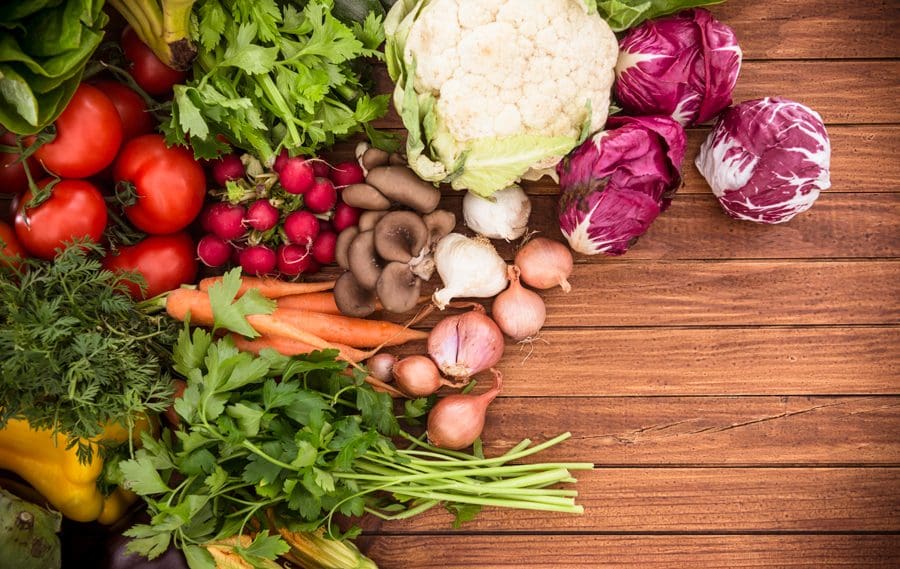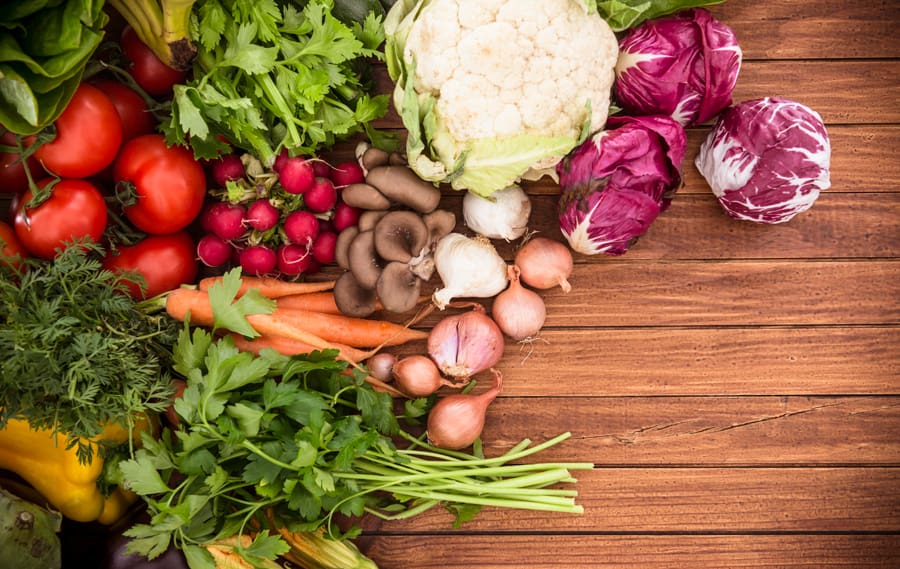Think you’re eating well? Misconceptions lead to nutrient deficiencies for many…

The good news? Americans think they are eating well; in fact, 60 percent say they eat a very healthy diet. The not-so-good news? Perception and reality may not be aligned.
Only 6 percent of Americans report eating five or more servings of fruits and vegetables per day, reveals recent research from supplement maker MegaFood. The discrepancy leaves a huge nutritional gap to fill.
The survey results highlight another knowledge gap between Americans and healthy eating – you can eat plenty of healthy foods, and still not get the recommended daily allowances of key nutrients.
For example, 52 percent of survey respondents say they think they get enough vitamin B6 in their diets. B6 is found in foods like bananas and avocados, plays an important role in producing fuel and energy, and is critical for optimal function of the brain, nervous and immune systems. However, the Centers for Disease Control and Prevention (CDC) say 30 million Americans are deficient in vitamin B6.
Multiple studies have shown many Americans don’t get the recommended amounts of needed nutrients every day, yet two-thirds believe they can get all the required nutrients by eating a healthy diet, according to the MegaFood survey. As a result, the belief they don’t need a multivitamin is the top reason two in five people don’t take one.
“My experience consistently shows me that a large number of Americans live high-carb, high-sugar, caffeine-overloaded, stressed-out, no-exercise lives,” says Dr. Tieraona Low Dog, an internationally recognized expert in the fields of integrative medicine, herbal medicine and dietary supplementation, and author of National Geographic’s “Fortify Your Life: Your Guide to Vitamins, Minerals, and More.” “We may have good intentions when it comes to eating well, but the truth is that many of us fall short of an ideal diet – and even when we do our best to eat well, it is extremely difficult to get all the nutrients we need on a regular basis with diet alone.”
What you can do
It is possible to take steps to improve nutrition. Dr. Low Dog offers these tips:
* Know the nutrients you should be getting and the recommended daily amount for each. The National Institutes of Health provide online tables for recommended daily allowances of vitamins and minerals, based on age and gender.
* Do your best to eat a balanced diet; it delivers health benefits beyond vitamin sufficiency. Be sure to get at least five servings of fruits and vegetables per day.
* Supplement your good eating habits with a quality multivitamin. Eighty-one percent of consumers realize that not all multivitamins are the same. MegaFood makes a line of multivitamins formulated to support the health of men and women during various phases of life. They’re made from real food from real family farmers. The line is gluten-, soy-, GMO- and dairy-free, and tested to be free of pesticides and herbicides.
* In an effort to help bridge the nutritional gap, MegaFood has launched its MegaPledge campaign. Pledge to close your nutritional gap by taking a multivitamin and MegaFood will donate a bottle of multis to someone in need. Pledgers will receive a $5 coupon and be entered to win great prizes, including a year’s worth of multivitamins and an amazing wellness getaway. Additionally, MegaFood is teaming up with Wholesome Wave, a nonprofit organization that empowers underserved consumers to make healthier food choices by increasing affordable access to fresh, local food. With every pledge, MegaFood will donate two servings of fruits and veggies to someone in need. Take the pledge at megafood.com/pledge.




